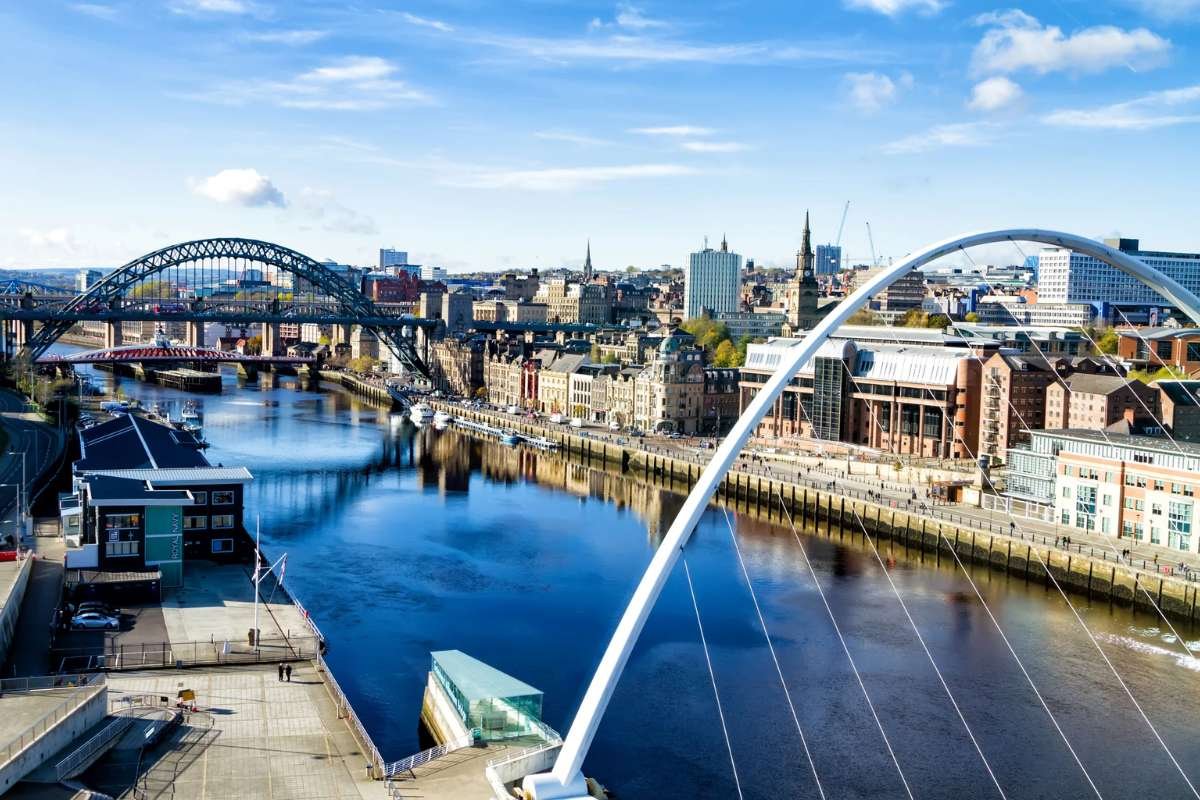It takes a certain kind of person to step into a leadership position. A good leader will be empathetic, understanding, level-headed, and able to effectively give and receive constructive criticism. For those of us who have worked under ineffectual leadership, we can tell you that not all who take on management roles possess these qualities.
Reflective leadership requires leaders to maintain a variety of habits that positively shape and impact business and organisational team culture. They do not respond reactively, but rather are considered, empathetic, and introspective. The result is a more positive and prosperous business culture.
What is Reflective Leadership?
In contrast to more behaviourally dominant styles, reflective leadership focuses on awareness and introspection, followed by judgment, and finally, action. This not only has a positive impact on an individual’s empathy, but also improves community, work, and team environments.
At its core, reflective leadership is about being the type of manager who remains conscious and intentional. They are open to learning and growing, both professionally and personally, in order to better manage their team. The result is a leader who promotes a more positive work environment, one that is built on the pillars of respect and trust, and allows for positive feedback loops between management and their employees.
Why is it So Important?
Reflective leadership is important because it fosters self-awareness, continuous growth, and ethical decision-making — all essential traits for effective leadership. When workplaces are managed in a style that champions empathy and understanding, the culture is far more likely to be positive and collaborative, and employee satisfaction is sure to skyrocket.
As a leader, you set the tone for the rest of your team. When you come to work open, understanding, and ethical, you create a ripple effect around you. The more a leader commits to these reflective habits with the value of their business kept in mind, the more their team engagement will rise, and the team will benefit.
How to Become a Reflective Leader?

From holding the requisite qualifications, like a Master of Leadership online, to having the required experience, there are specific traits and skills highly effective leaders commonly possess. Here are a few steps you can take to develop reflective leadership skills in your work life and management style:
1. Practice Self-Awareness
A key aspect of reflective leadership is to practice self-awareness. Pay attention to your emotions, thoughts, and behaviours in different situations. Instead of just reacting, take the time to think about why you may respond that way. Focus on how you were feeling at the time, and reflect on how your behaviour may have impacted the rest of your team. A helpful tool you can use is to begin journaling at the end of each day or actively seek constructive feedback from those around you.
2. Seek Constructive Feedback
Seeking constructive feedback not only helps boost your self-awareness, but it also establishes you as the type of leader willing to learn and grow from advice from those around you. Your colleagues, mentors, and team members are likely to have insights about your management style that you cannot see yourself. Make sure you receive this feedback openly and without defensiveness in order to further foster a workplace culture built on mutual respect.
3. Embrace Mistakes as Learning Opportunities
Everyone messes up sometimes, but as a leader, your mistakes may be more visible than others’. Take these missteps as the opportunities that they are. You have a chance to not only learn and grow by pausing to study and evaluate them, but also to demonstrate to your team that things can be fixed, and mistakes won’t be held against people. Turning your mistakes into lessons helps to build resilience and wisdom.
4. Be Intentional in Your Actions

It can be easy to go through life just acting instinctively to things thrown your way. But as they say, every action has an equal and opposite reaction. Reflective leaders take the time to pause and consider their values, goals, and the needs of others before acting. This results in more thoughtful decision-making and a more effective team.
Reflective leadership aids and fosters the success of not only the tangible outcomes of a business but also the business culture. As a leader, whether you’re at the head of a multi-national corporation or a smaller local enterprise, your willingness to manage with a reflective leadership style — staying open to feedback, responding thoughtfully, and promoting self-awareness — will result in an overall more positive work environment for all.


















